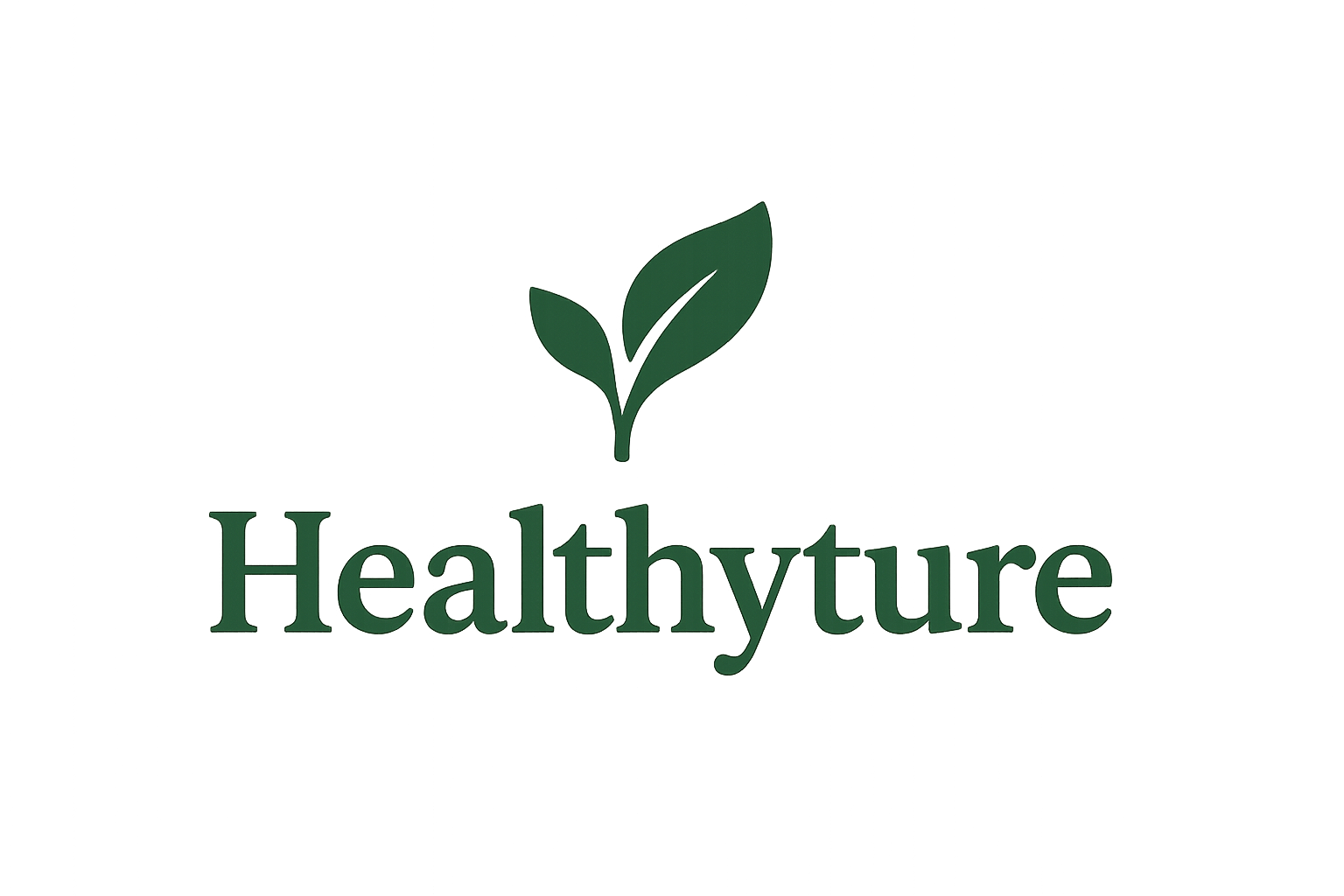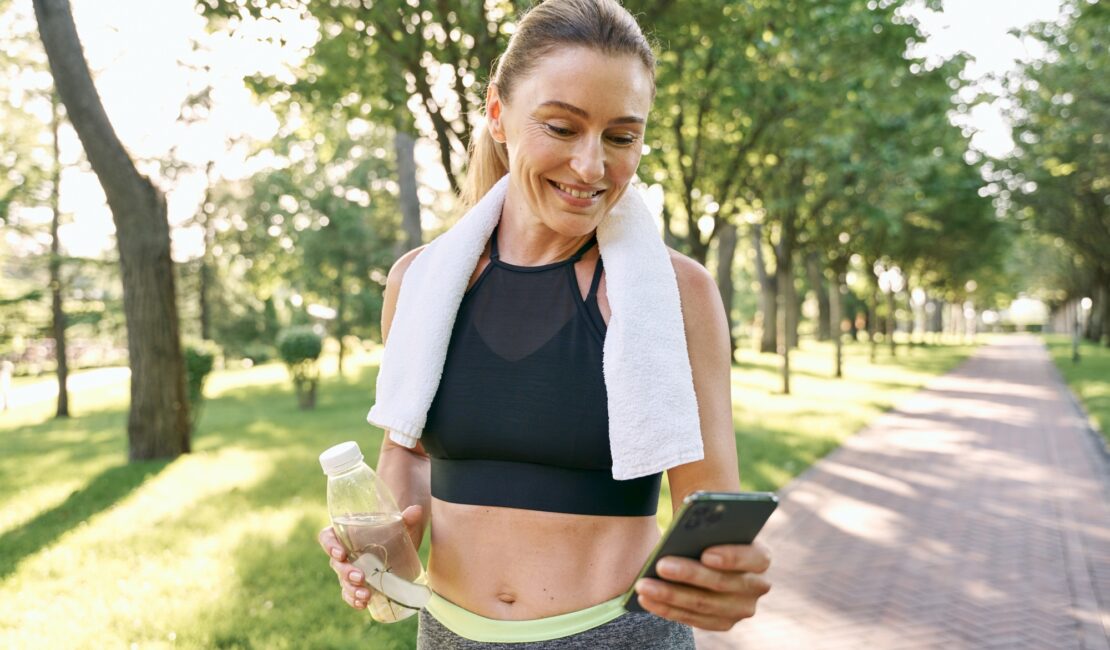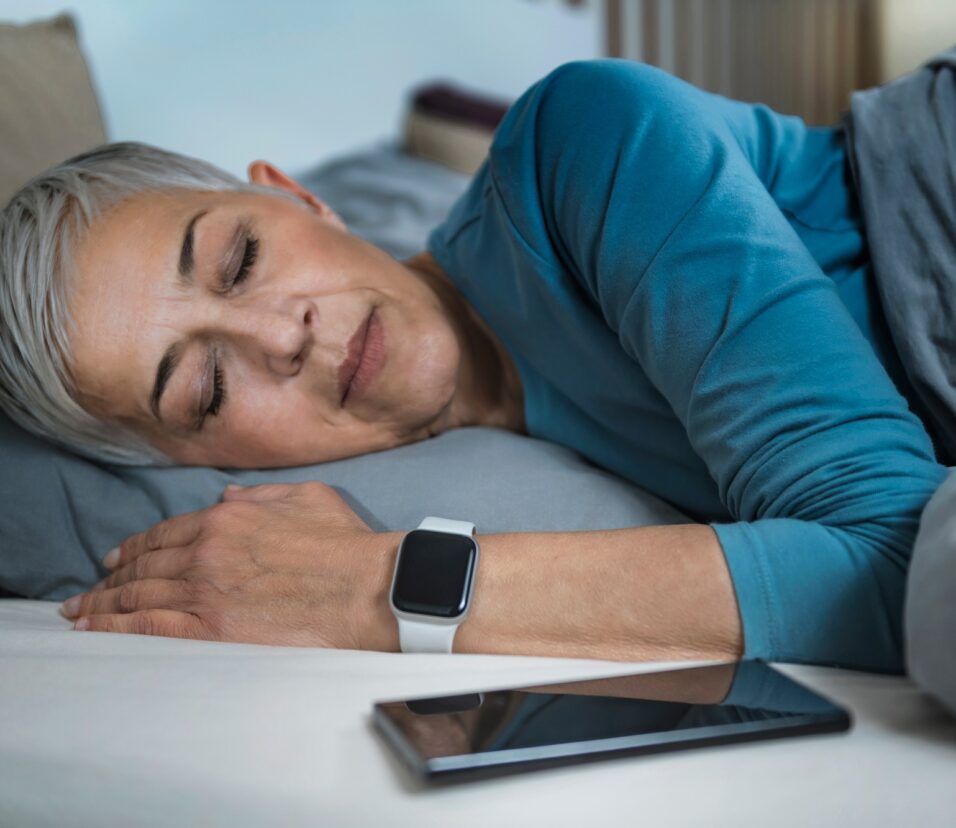Introduction
If you want more energy, faster recovery, better workouts, and sharper focus — you don’t need fancy supplements or expensive energy drinks. You need water.
Hydration is often the most overlooked part of performance, both in fitness and daily life. While most people know water is important, few realize how directly it affects:
- 💪 Strength & endurance
- 🧠 Mental focus & memory
- ⚡ Energy & metabolism
- 💤 Recovery & sleep
Studies show that even a 1–2% drop in hydration can reduce physical and mental performance significantly. Yet, more than 70% of people are chronically dehydrated.
In this guide, you’ll learn:
- ✅ Why hydration is crucial for physical & mental performance
- ✅ The science of dehydration and how it impacts your body
- ✅ Hydration hacks to stay energized all day
- ✅ How much water you actually need
- ✅ Smart hydration strategies for athletes, students, and office workers
Let’s dive in.
🔹 Why Hydration Matters More Than You Think
Water makes up about 60% of your body weight and plays a role in nearly every biological function:
- Muscle function → Muscles are 75% water; dehydration causes cramps & weakness.
- Brain power → Brain cells need water to transmit signals effectively.
- Digestion → Water helps absorb nutrients and prevent constipation.
- Circulation → Blood (90% water) delivers oxygen & nutrients throughout your body.
- Temperature control → Sweating keeps your body from overheating.
👉 Without proper hydration, your body struggles with even the simplest tasks, let alone intense workouts or mental focus.
🔹 How Dehydration Affects Performance
Even mild dehydration can create a domino effect on your health and performance:
1. Physical Fatigue
- Muscles lose strength and endurance.
- Heart rate increases as your body struggles to cool itself.
- Exercise feels harder than it actually is.
2. Mental Fog
- Trouble focusing on tasks.
- Reduced memory and slower reaction time.
- Mood swings, irritability, and stress.
3. Slower Recovery
- Poor nutrient transport delays muscle repair.
- More inflammation and soreness.
- Increased risk of injury.
4. Overall Health Risks
- Chronic dehydration contributes to kidney stones, UTIs, and digestive issues.
- Long-term dehydration may increase the risk of high blood pressure.
🔹 How Much Water Do You Really Need?
The old “8 glasses a day” rule is outdated. Water needs vary depending on:
- Body weight
- Activity level
- Climate & temperature
- Diet (high-protein, salty, or caffeinated foods increase water needs)
General Guidelines (2025 Science-Based):
- Men: ~3.7 liters (125 oz) per day
- Women: ~2.7 liters (91 oz) per day
- Athletes: Add 500–1000 ml per hour of exercise
👉 A simple check: your urine color. Pale yellow = hydrated, dark yellow = dehydrated.
🔹 Hydration Hacks for Peak Performance
Here are science-backed hydration hacks you can use every day:
1. Start Your Day With Water
After 7–8 hours of sleep, your body is naturally dehydrated. Drink 1–2 glasses of water first thing in the morning to rehydrate.
2. Use the “Sip, Don’t Chug” Rule
Drinking too much water at once can overwhelm your system. Instead, sip steadily throughout the day.
3. Flavor Your Water Naturally
If plain water feels boring, add:
- Lemon, cucumber, or mint slices
- Berries or orange slices
- A splash of coconut water
This makes hydration enjoyable and helps you drink more.
4. Eat Your Water
Fruits & veggies with high water content (cucumber, watermelon, oranges, celery) can contribute up to 20% of your hydration needs.
5. Electrolyte Balance
During intense exercise or hot climates, you don’t just lose water — you lose sodium, potassium, and magnesium. Add:
- Coconut water
- Electrolyte powders (low sugar)
- Himalayan pink salt in water (tiny pinch)
6. Set Hydration Reminders
Apps or smart bottles can remind you to sip water regularly, especially if you work long hours at a desk.
7. Hydrate Before Exercise
Drink 500 ml (17 oz) of water 1–2 hours before your workout to maximize strength and endurance.
8. Post-Workout Hydration
For every 1 pound lost in sweat, drink 500–700 ml of water to restore balance.
🔹 Hydration for Different Lifestyles
🏋️ Athletes & Gym-Goers
- Pre-workout: 500 ml water + electrolytes
- During workout: Sip 100–200 ml every 15 minutes
- Post-workout: Rehydrate with electrolytes + protein shake
🧑💻 Office Workers & Students
- Keep a water bottle on your desk.
- Follow the “20-minute sip rule”: take a few sips every 20 minutes.
- Replace 1 coffee or soda per day with water.
🌞 Hot Climate or Outdoor Jobs
- Double your intake compared to cooler climates.
- Use electrolyte packs to prevent heat exhaustion.
- Wear breathable clothing to reduce water loss.
🔹 Common Hydration Myths (Busted)
❌ “Thirst is the best indicator of hydration.”
By the time you feel thirsty, you’re already dehydrated.
❌ “Only water counts.”
Herbal teas, fruits, vegetables, and soups also contribute to hydration.
❌ “Drinking lots of water helps you lose fat fast.”
Water supports metabolism and appetite control, but it’s not a magic fat burner.
❌ “Clear urine means perfect hydration.”
Completely clear urine can mean overhydration, which can dilute electrolytes.
🔹 Long-Term Benefits of Proper Hydration
Staying hydrated daily does more than just improve workouts:
- ✅ Boosts metabolism (helpful for fat loss)
- ✅ Improves skin elasticity & glow
- ✅ Enhances digestion and nutrient absorption
- ✅ Supports joint lubrication and mobility
- ✅ Strengthens immune system
- ✅ Reduces risk of headaches and migraines
🔹 FAQs About Hydration
Q1: Is drinking too much water dangerous?
Yes. Overhydration (hyponatremia) dilutes electrolytes and can be harmful. Balance is key.
Q2: Can I replace water with soda or energy drinks?
No. They dehydrate you further due to sugar and caffeine. Stick with water or herbal tea.
Q3: Is bottled water better than tap water?
Depends on your region. Filtered water is usually best.
Q4: How do I know if I’m drinking enough?
Check urine color: pale yellow = good.
Q5: What’s the best hydration strategy before sleep?
Drink a small glass of water (not too much) to stay hydrated without disrupting sleep.
Lorem ipsum dolor sit amet, consectetur adipiscing elit. Nibh vel sed amet, ut adipiscing elit fermentum. Orci, feugiat ullamcorper molestie maecenas tincidunt









Leave feedback about this